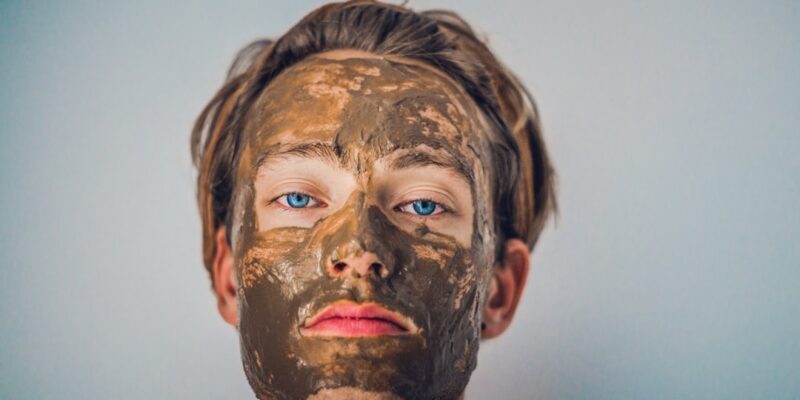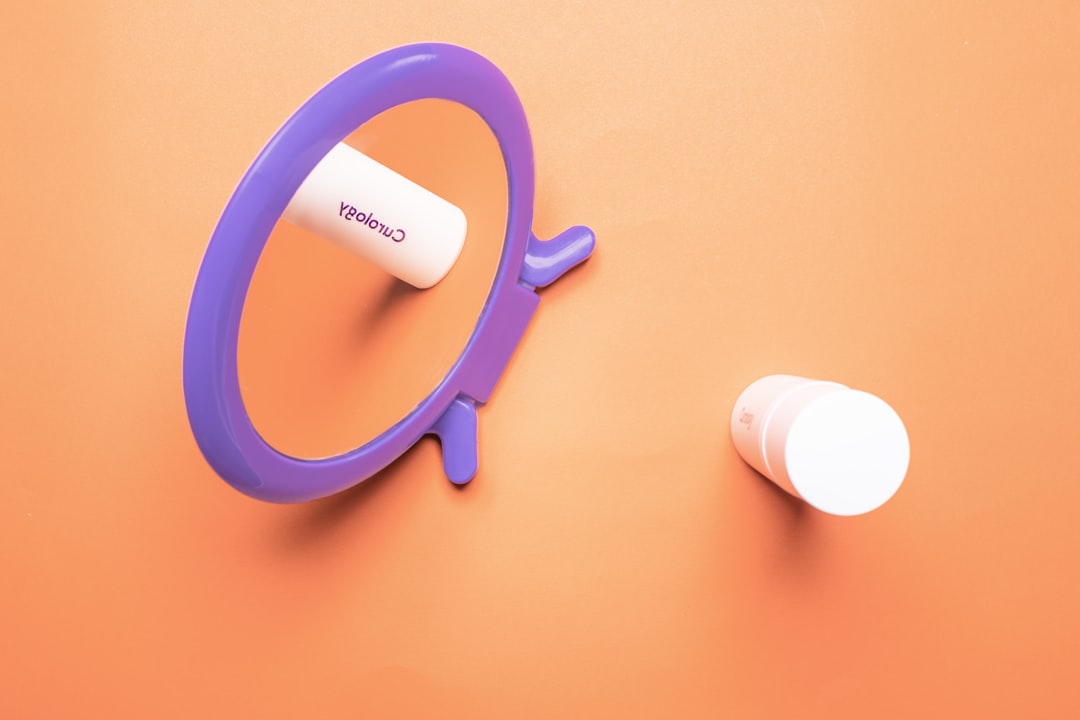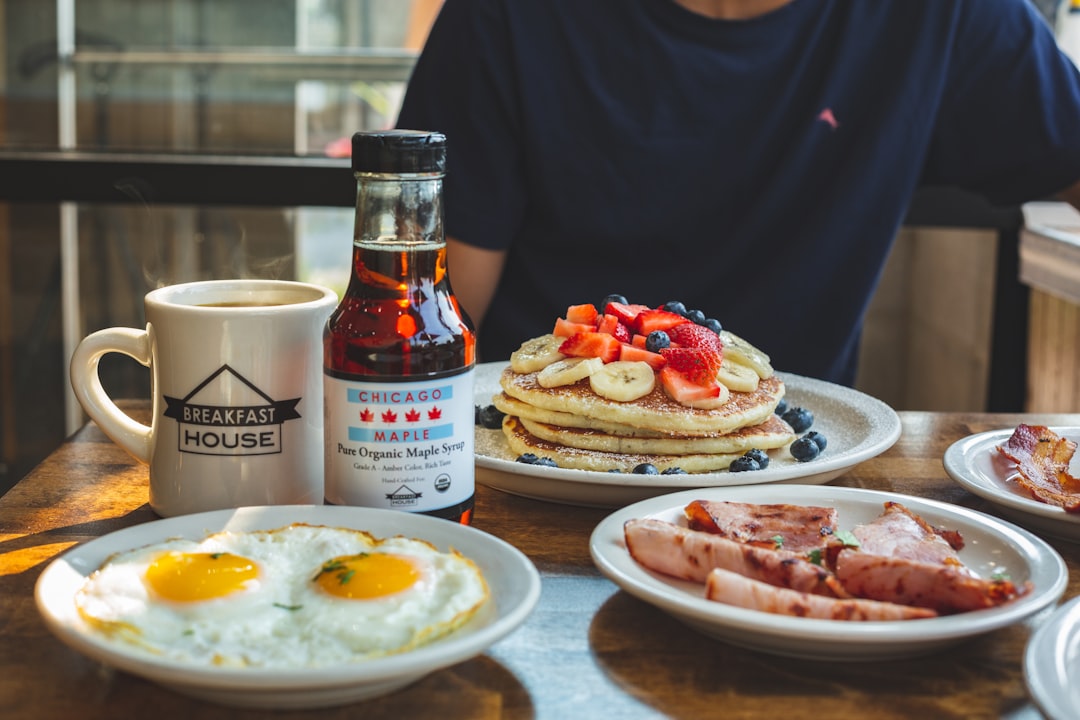
Oily Skin Savior: Effective Skincare Tips
Oily skin is a common skin type that affects many individuals. It is characterized by an overproduction of sebum, the skin’s natural oil. While sebum is necessary to keep the skin moisturized and protected, an excess of it can lead to a range of problems such as acne, clogged pores, and a shiny appearance. Managing oily skin can be challenging, but with the right skincare routine and lifestyle changes, it is possible to keep it under control and achieve a healthy, balanced complexion.
Key Takeaways
- Oily skin is caused by overactive sebaceous glands and can lead to shiny, greasy skin and acne breakouts.
- Proper cleansing is crucial for oily skin, as it helps to remove excess oil and impurities that can clog pores and cause breakouts.
- Skincare ingredients like salicylic acid, benzoyl peroxide, and retinoids can help to control oil production and prevent breakouts.
- Exfoliation is key for managing oily skin, as it helps to remove dead skin cells and unclog pores.
- When moisturizing oily skin, it’s important to choose lightweight, oil-free products and avoid heavy creams that can clog pores.
Understanding Oily Skin: Causes and Symptoms
Oily skin is primarily caused by genetics and hormonal fluctuations. People with oily skin tend to have overactive sebaceous glands, which produce more sebum than necessary. Hormonal changes during puberty, menstruation, and pregnancy can also contribute to increased sebum production. Additionally, certain factors such as humidity, stress, and diet can exacerbate oily skin.
Common symptoms of oily skin include a shiny or greasy appearance, enlarged pores, frequent breakouts, and makeup that doesn’t last throughout the day. Oily skin can also be prone to blackheads and whiteheads due to the excess oil clogging the pores. It is important to understand these symptoms in order to develop an effective skincare routine for oily skin.
The Importance of Proper Cleansing for Oily Skin
Proper cleansing is crucial for oily skin as it helps remove excess oil, dirt, and impurities from the surface of the skin. Cleansing also helps unclog pores and prevent breakouts. When choosing a cleanser for oily skin, it is important to opt for one that is specifically formulated for this skin type.
Look for cleansers that are oil-free and non-comedogenic, meaning they won’t clog pores. Foaming cleansers are often recommended for oily skin as they help remove excess oil without stripping the skin of its natural moisture. It is important to cleanse the skin twice a day, in the morning and evening, to keep it clean and balanced.
Top Skincare Ingredients for Oily Skin
| Ingredient | Benefits | Recommended Products |
|---|---|---|
| Salicylic Acid | Unclogs pores, reduces oil production, exfoliates dead skin cells | CeraVe SA Cleanser, Paula’s Choice Skin Perfecting 2% BHA Liquid Exfoliant |
| Niacinamide | Reduces oil production, minimizes pores, improves skin texture | The Ordinary Niacinamide 10% + Zinc 1%, Paula’s Choice 10% Niacinamide Booster |
| Tea Tree Oil | Antibacterial, reduces inflammation, controls oil production | The Body Shop Tea Tree Oil, Sunday Riley U.F.O. Ultra-Clarifying Face Oil |
| Bentonite Clay | Draws out impurities, absorbs excess oil, soothes irritated skin | Aztec Secret Indian Healing Clay, Origins Clear Improvement Charcoal Honey Mask |
| Retinol | Reduces oil production, unclogs pores, improves skin texture | The Ordinary Granactive Retinoid 2% Emulsion, Paula’s Choice Clinical 1% Retinol Treatment |
There are several effective ingredients that can help manage oily skin and keep it balanced. One such ingredient is salicylic acid, which is a beta-hydroxy acid that helps exfoliate the skin and unclog pores. It also has anti-inflammatory properties that can help reduce redness and irritation.
Another beneficial ingredient for oily skin is niacinamide, also known as vitamin B3. Niacinamide helps regulate sebum production, reduces the appearance of pores, and improves the skin’s overall texture. It also has anti-inflammatory properties that can help calm acne-prone skin.
Other ingredients that are beneficial for oily skin include tea tree oil, witch hazel, and clay. Tea tree oil has antimicrobial properties that can help fight acne-causing bacteria, while witch hazel acts as an astringent to tighten the pores. Clay masks are also effective in absorbing excess oil and impurities from the skin.
Exfoliation: The Key to Managing Oily Skin
Exfoliation is an important step in any skincare routine, but it is particularly beneficial for oily skin. Exfoliating helps remove dead skin cells and unclog pores, preventing breakouts and promoting a smoother complexion. There are two main types of exfoliants: physical exfoliants and chemical exfoliants.
Physical exfoliants include scrubs or brushes that physically remove dead skin cells from the surface of the skin. These can be effective but should be used with caution as they can be too harsh for sensitive or acne-prone skin.
Chemical exfoliants, on the other hand, use ingredients such as alpha-hydroxy acids (AHAs) or beta-hydroxy acids (BHAs) to gently dissolve dead skin cells and unclog pores. AHAs, such as glycolic acid and lactic acid, are water-soluble and work on the surface of the skin. BHAs, such as salicylic acid, are oil-soluble and can penetrate deeper into the pores.
Moisturizing Oily Skin: Dos and Don’ts
Contrary to popular belief, oily skin still needs moisturizer. Skipping moisturizer can actually make oily skin worse as it can lead to dehydration, causing the skin to produce even more oil to compensate. However, it is important to choose the right moisturizer for oily skin.
Opt for lightweight, oil-free moisturizers that won’t clog pores or feel heavy on the skin. Look for ingredients like hyaluronic acid, which helps hydrate the skin without adding excess oil. Gel or water-based moisturizers are often recommended for oily skin as they provide hydration without a greasy feel.
It is also important to apply moisturizer correctly. Instead of slathering it on, use a small amount and gently pat it into the skin. This will help the moisturizer absorb better and prevent it from sitting on top of the skin.
Sun Protection for Oily Skin: Why It’s Essential
Sun protection is essential for all skin types, including oily skin. Sun exposure can worsen oily skin by triggering inflammation and increasing sebum production. It can also lead to premature aging, hyperpigmentation, and an increased risk of skin cancer.
When choosing a sunscreen for oily skin, opt for oil-free or mattifying formulas that won’t leave a greasy residue. Look for sunscreens labeled as “non-comedogenic” or “oil-free” to ensure they won’t clog pores. Lightweight, gel-based sunscreens are often recommended for oily skin as they provide broad-spectrum protection without a heavy feel.
Makeup Tips for Oily Skin: How to Make Your Look Last
Makeup can be a challenge for those with oily skin, as it tends to slide off or become shiny throughout the day. However, with the right products and techniques, it is possible to make your makeup last on oily skin.
When choosing makeup products for oily skin, opt for oil-free or mattifying formulas. Look for foundations and powders that are specifically formulated for oily skin and offer long-lasting coverage. Setting sprays can also help lock in makeup and control shine throughout the day.
To make your makeup last longer, start with a clean, well-moisturized face. Use a primer specifically formulated for oily skin to create a smooth base and help your makeup adhere better. Set your foundation and concealer with a translucent powder to absorb excess oil and prevent shine.
Lifestyle Changes to Help Control Oily Skin
In addition to a proper skincare routine, certain lifestyle changes can help control oily skin. One of the most important factors is diet. Avoiding greasy, fried foods and consuming a balanced diet rich in fruits, vegetables, and lean proteins can help improve the overall health of the skin.
Stress management is also crucial for managing oily skin. Stress can trigger hormonal fluctuations that can lead to increased sebum production. Engaging in stress-reducing activities such as exercise, meditation, or hobbies can help keep stress levels in check.
Additionally, avoiding harsh or abrasive skincare products and over-washing the face can help prevent stripping the skin of its natural oils, which can lead to increased oil production. It is also important to avoid touching or picking at the face as this can transfer bacteria and irritate the skin.
Treating Acne and Breakouts on Oily Skin
Oily skin is prone to acne and breakouts due to the excess oil clogging the pores. Treating acne on oily skin requires a targeted approach that addresses both the excess oil production and the acne-causing bacteria.
In addition to a proper cleansing and exfoliating routine, incorporating acne-fighting ingredients such as benzoyl peroxide or salicylic acid can help reduce breakouts. These ingredients work by killing acne-causing bacteria and unclogging pores.
It is important to avoid picking or popping pimples as this can lead to scarring and further inflammation. Instead, use spot treatments or acne patches to target individual blemishes. If acne persists or becomes severe, it is recommended to consult a dermatologist for further treatment options.
Professional Skincare Treatments for Oily Skin: What to Expect
For those with persistent oily skin concerns, professional skincare treatments can provide additional benefits. Some common treatments for oily skin include chemical peels, microdermabrasion, and laser therapy.
Chemical peels involve the application of a chemical solution to the skin, which helps exfoliate and rejuvenate the skin. This can help reduce oiliness, improve skin texture, and minimize the appearance of acne scars.
Microdermabrasion is a non-invasive treatment that uses a device to gently exfoliate the outer layer of the skin. This can help remove dead skin cells, unclog pores, and improve overall skin tone and texture.
Laser therapy uses targeted beams of light to penetrate the skin and stimulate collagen production. This can help reduce oil production, tighten pores, and improve the overall appearance of the skin.
It is important to consult with a dermatologist or skincare professional to determine which treatment is best suited for your specific concerns and skin type.
Managing oily skin can be challenging, but with the right skincare routine and lifestyle changes, it is possible to keep it under control and achieve a healthy, balanced complexion. Proper cleansing, exfoliation, moisturizing, sun protection, and makeup techniques are all important aspects of an effective skincare routine for oily skin. Additionally, making lifestyle changes such as maintaining a balanced diet, managing stress, and avoiding harsh skincare products can help improve oily skin. If oily skin concerns persist, professional skincare treatments can provide additional benefits. By taking steps to manage oily skin, individuals can achieve a healthier, more balanced complexion.
FAQs
What is oily skin?
Oily skin is a skin type characterized by excess sebum production, resulting in a shiny appearance, enlarged pores, and a tendency to develop acne.
What causes oily skin?
Oily skin can be caused by genetics, hormonal changes, stress, diet, and certain skincare products.
What are the best skincare products for oily skin?
The best skincare products for oily skin are those that are oil-free, non-comedogenic, and contain ingredients such as salicylic acid, benzoyl peroxide, and alpha-hydroxy acids.
How often should I wash my face if I have oily skin?
If you have oily skin, it is recommended to wash your face twice a day, in the morning and at night, using a gentle cleanser.
Can oily skin be prevented?
Oily skin cannot be prevented, but it can be managed through proper skincare, a healthy diet, and stress management.
What are some natural remedies for oily skin?
Some natural remedies for oily skin include using witch hazel, tea tree oil, aloe vera, and clay masks.
Can oily skin age faster?
Oily skin may age faster than other skin types due to the excess sebum production, which can lead to clogged pores and inflammation. However, proper skincare and sun protection can help prevent premature aging.

















